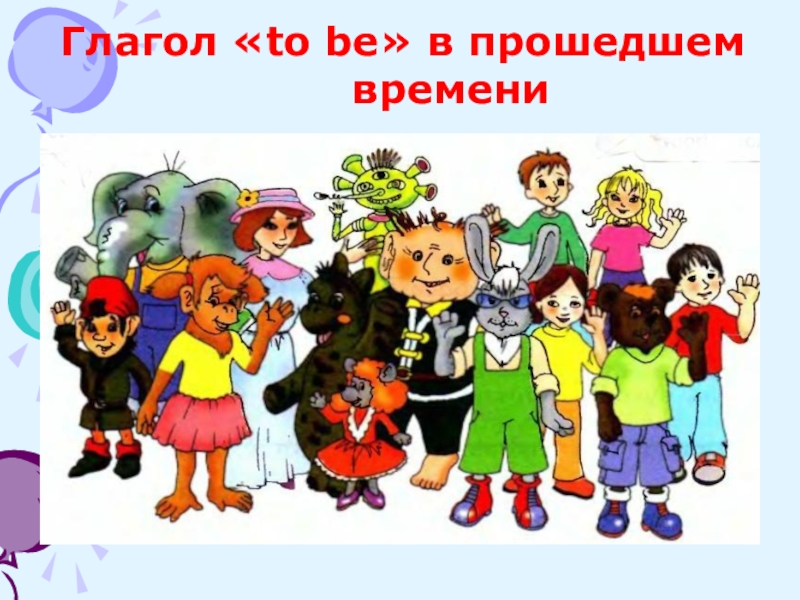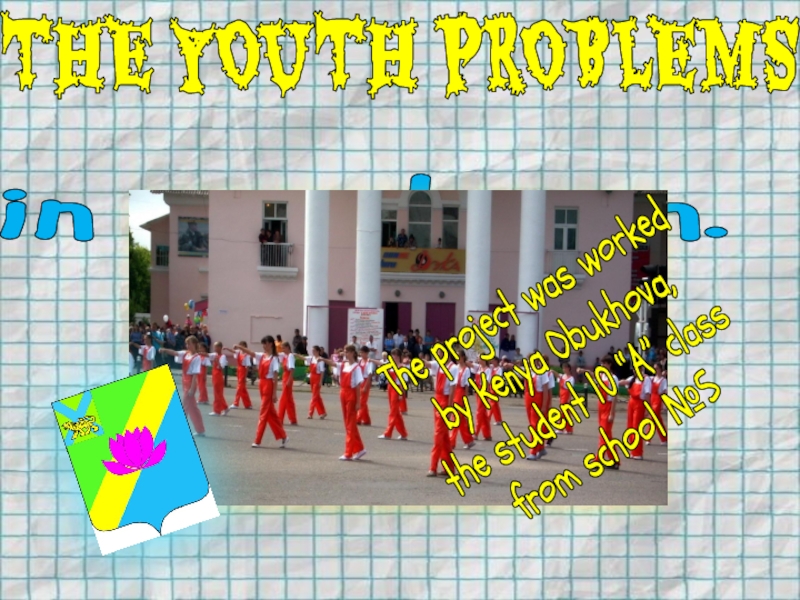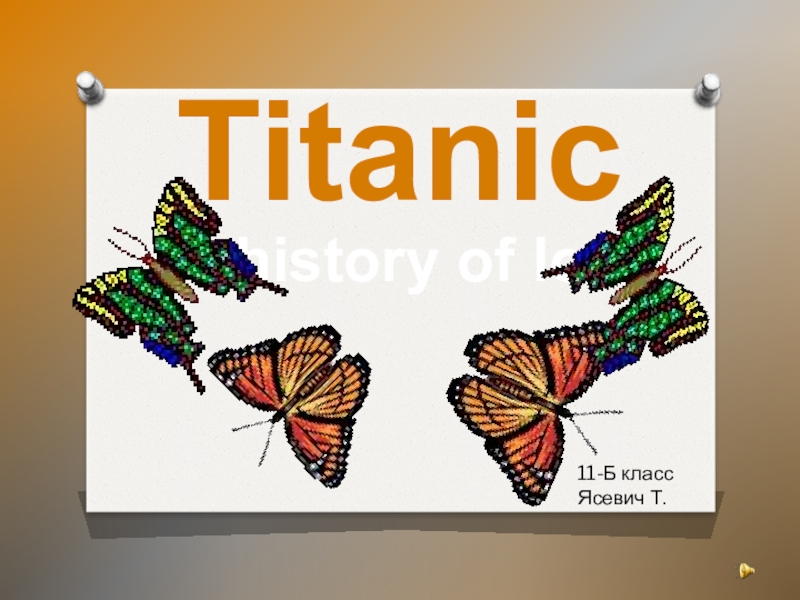- Главная
- Разное
- Образование
- Спорт
- Естествознание
- Природоведение
- Религиоведение
- Французский язык
- Черчение
- Английский язык
- Астрономия
- Алгебра
- Биология
- География
- Геометрия
- Детские презентации
- Информатика
- История
- Литература
- Математика
- Музыка
- МХК
- Немецкий язык
- ОБЖ
- Обществознание
- Окружающий мир
- Педагогика
- Русский язык
- Технология
- Физика
- Философия
- Химия
- Шаблоны, фоны, картинки для презентаций
- Экология
- Экономика
Презентация, доклад Одежда и мода
Содержание
- 1. Презентация Одежда и мода
- 2. Problem of penetration of English lexicon into
- 3. Practical value of this research is in
- 4. Purpose of research is studying of width
- 5. Research methods:1. material search,2. poll,3. use of
- 6. Слайд 6
- 7. One of the social and psychological reasons
- 8. English is a global language. It is
- 9. Слайд 9
- 10. At the end of 19th century, English words begin to get into Russian:smokinggaitersjacketblousesweatermackintoshbridgessandals
- 11. In 1950s-70s in spite of the fact
- 12. In the 1990th, there is a noticeable
- 13. Many loan words of the English clothes came to Russian in the 2000th years. polocardiganbolerohoodysweatshirtbandanauggsclutch(parkatunic
- 14. Creepers pajamasSweatshirtTimberlandsSlippersWellingtons
- 15. The T-shirt is popular clothes for people
- 16. Fast Fashion is a trend in clothes which becomes a mainstream.
- 17. Businessman Steve JobsDress code: blue classical Levi's
- 18. Mark Zuckerberg, American programmer and businessman.He doesn't
- 19. There are five reasons explaining why some
- 20. On the recent fashion-show ZARA presented the
- 21. Conclusion.Language very quickly reacts to the changes
- 22. Список литературы:1. Борисова Л.М. Из истории английских слов,
- 23. Слайд 23
Problem of penetration of English lexicon into that area of Russian, which concerns names of articles of clothing and all that, connected with fashion.The English lexicon, which strongly proved in Russian meaning articles of clothing, footwear
Слайд 2
Problem of penetration of English lexicon into that area of Russian,
which concerns names of articles of clothing and all that, connected with fashion.
The English lexicon, which strongly proved in Russian meaning articles of clothing, footwear and fashionable accessories, became an object of a research.
The English lexicon, which strongly proved in Russian meaning articles of clothing, footwear and fashionable accessories, became an object of a research.
Слайд 3Practical value of this research is in learning to pay attention
to a substantial part of the borrowed lexicon; to be able to find and notice signs of the foreign-language culture, which is a part of their everyday life; to increase the lexicon and to broaden horizons. Results of work can use for preparation of the lessons "Clothes, the borrowed names", "Teenagers and their favourite articles of clothing", "Loans in Russian".
Слайд 4Purpose of research is studying of width and extent of penetration
into Russian of English lexicon of category "Clothes and Fashion".
Tasks:
1. To investigate various sources of information
2. to consider features of foreign language lexicon;
3. to reveal the most used loans and their origin;
4. to reveal the new terms, which are becoming current Russian;
Tasks:
1. To investigate various sources of information
2. to consider features of foreign language lexicon;
3. to reveal the most used loans and their origin;
4. to reveal the new terms, which are becoming current Russian;
Слайд 5Research methods:
1. material search,
2. poll,
3. use of computer technologies,
4. consultations with
the teacher,
5. translation,
6. analysis and generalization
5. translation,
6. analysis and generalization
Слайд 7One of the social and psychological reasons influencing process of loan
is growth speaking and knowing English in Russia. The big stream leaving the country, long living in the English-speaking countries and coming back is the reason of frequent application of words of English.
Слайд 8English is a global language. It is international language in such
areas as science, business, aircraft, entertainments, media and diplomacy. Influence of English on Russian increased for the last decade as it used in many spheres of public and scientific life.
Слайд 10At the end of 19th century, English words begin to get
into Russian:
smoking
gaiters
jacket
blouse
sweater
mackintosh
bridges
sandals
Слайд 11In 1950s-70s in spite of the fact that Russia (at that
time the USSR) was the country closed the English lexicon anyway got and got accustomed in Russian.
jeans
shorts
jumper
pullover
golf
shoes
Слайд 12In the 1990th, there is a noticeable increase in English lexicon
in category "Clothes and Fashion".
The English words take root into Russian.
The English words take root into Russian.
moccasins
leggings
accessories
top
shopping
blazer
Слайд 13Many loan words of the English clothes came to Russian in
the 2000th years.
polo
cardigan
bolero
hoody
sweatshirt
bandana
uggs
clutch
(parka
tunic
Слайд 15The T-shirt is popular clothes for people of all age.
This name
connects with the T-shaped form of this subject of clothes.
Слайд 17Businessman Steve Jobs
Dress code:
blue classical Levi's jeans, a black polo
neck with a high throat and white sports New Balance sneakers.
Слайд 18Mark Zuckerberg, American programmer and businessman.
He doesn't change dark blue jeans
and a gray t-shirt or the sweatshirt.
Слайд 19There are five reasons explaining why some billionaires carry it every
day though are able to afford any clothes.
It is less than decisions less fatigue.
Less time is wasted.
It is less than stress.
It is a maturity sign.
Less money spent for nothing.
It is less than decisions less fatigue.
Less time is wasted.
It is less than stress.
It is a maturity sign.
Less money spent for nothing.
Слайд 20On the recent fashion-show ZARA presented the Streetwise collection, having fastened
on men something like ripped house track bottoms with holes in knees.
Слайд 21Conclusion.
Language very quickly reacts to the changes happening in life of
people.
Urgent application of the English lexicon can be something like the express means promoting a learning of foreign language, replenishments of a lexicon and to formation of taste and style of teenagers and young people. Most of young people prefer to be stylish. Our research shows that we are responsible for words, which we use, and it is extremely imprudent to hope that all know a foreign language around and understand that we mean. At a visit of shop behind fashionable clothes, it is necessary to be ready to apply the knowledge in a foreign language not to seem the uneducated person.
Urgent application of the English lexicon can be something like the express means promoting a learning of foreign language, replenishments of a lexicon and to formation of taste and style of teenagers and young people. Most of young people prefer to be stylish. Our research shows that we are responsible for words, which we use, and it is extremely imprudent to hope that all know a foreign language around and understand that we mean. At a visit of shop behind fashionable clothes, it is necessary to be ready to apply the knowledge in a foreign language not to seem the uneducated person.
Слайд 22Список литературы:
1. Борисова Л.М. Из истории английских слов, Книга для учащихся старших
классов.- М. Просвещение, 1994.
2. Бочарникова М.М. “Английские заимствования в дискурсе российских телепрограмм (на материале наименований одежды)”./ Ярославский педагогический вестник – 2012 – № 2. Том 1.
3. Голденков М.“Осторожно, hot dog! Современный активный English”./ М.: ЧеРо, 1999.– 272 с.
4. Захаренко Е.Н., Комарова Л.Н. , Нечаева И.В. . Новый словарь иностранных слов. – М., 2006. – 784 с.
5. Крысин Л. П. «Современный русский язык.»/М.Академия,2007.- 117с.
6. Мюллер В.К. “Англо-русский. Русско-английский словарь”.\ М.: Эксмо, 2008.– 1116 с.
7. Романов А.Ю. Англицизмы и американизмы в современном русском языке и отношение к ним. – СПб.: изд-во Санкт-Петербургского университета, 2000.
8. Рыбина О.В. Русский язык в поликультурном мире./Сонат, 2007.
9. Электронные (Интернет) источники:
1. http://www/dni.ru/style/2008/11/51151623.html/ – Александр Васильев – всемирно известный историк моды – модные провокации в одежде.
2. www.gsconto.com/ru/wiki/show/men-clothing
3. Почему же. рф/почему футболка назывaется футболкой.
4. http://www.britishcouncil.org/ru/goingglobal-streams-english-language.htm
5.http://en.wikipedia.org/wiki/Lingua_franca#English
6. http://www.english-uk.ru/31.php
2. Бочарникова М.М. “Английские заимствования в дискурсе российских телепрограмм (на материале наименований одежды)”./ Ярославский педагогический вестник – 2012 – № 2. Том 1.
3. Голденков М.“Осторожно, hot dog! Современный активный English”./ М.: ЧеРо, 1999.– 272 с.
4. Захаренко Е.Н., Комарова Л.Н. , Нечаева И.В. . Новый словарь иностранных слов. – М., 2006. – 784 с.
5. Крысин Л. П. «Современный русский язык.»/М.Академия,2007.- 117с.
6. Мюллер В.К. “Англо-русский. Русско-английский словарь”.\ М.: Эксмо, 2008.– 1116 с.
7. Романов А.Ю. Англицизмы и американизмы в современном русском языке и отношение к ним. – СПб.: изд-во Санкт-Петербургского университета, 2000.
8. Рыбина О.В. Русский язык в поликультурном мире./Сонат, 2007.
9. Электронные (Интернет) источники:
1. http://www/dni.ru/style/2008/11/51151623.html/ – Александр Васильев – всемирно известный историк моды – модные провокации в одежде.
2. www.gsconto.com/ru/wiki/show/men-clothing
3. Почему же. рф/почему футболка назывaется футболкой.
4. http://www.britishcouncil.org/ru/goingglobal-streams-english-language.htm
5.http://en.wikipedia.org/wiki/Lingua_franca#English
6. http://www.english-uk.ru/31.php




























